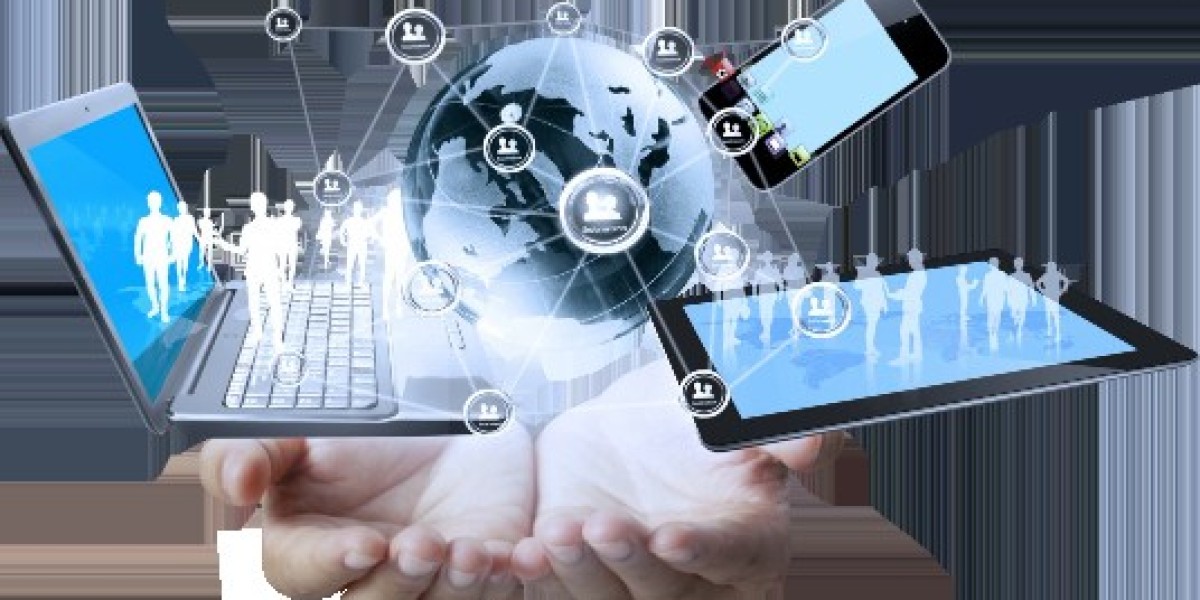Artificial Intelligence (AI) is no longer a futuristic concept from science fiction—it’s a reality shaping our everyday lives. From the smartphones in our pockets to advanced healthcare systems and personalized shopping experiences, AI is transforming the way we live, work, and connect. Its influence stretches across industries you’d expect—like medicine, business, and transportation—and even into unexpected areas like product personalization, entertainment, and consumer technology.
In this article, we’ll explore what AI is, how it’s evolving, the industries it’s revolutionizing, the challenges it brings, and what the future might hold.
What Is Artificial Intelligence?
Artificial Intelligence refers to machines and systems designed to simulate human intelligence. These technologies can perform tasks like problem-solving, learning, understanding language, and decision-making—abilities that traditionally required human thought.
There are two main types of AI:
1. Narrow AI ?
AI built for specific tasks.
Examples: Siri, Alexa, Google Assistant, and recommendation engines used by Netflix and Amazon.
Purpose: Handles one function extremely well but can’t “think” outside its scope.
2. General AI ?
AI capable of performing any intellectual task a human can.
Currently in development and considered a long-term goal for researchers.
AI uses technologies like machine learning (ML), deep learning, neural networks, and natural language processing (NLP) to constantly improve its capabilities. With access to massive datasets and increased computing power, its growth is accelerating faster than ever.
How AI Is Changing the World
1. Healthcare and Medical Research ?
AI is revolutionizing healthcare by making diagnoses faster, improving treatments, and enabling personalized medicine.
Key applications include:
AI-assisted diagnostics → Algorithms analyze X-rays, MRIs, and scans to detect diseases early.
Predictive analytics → Identifies patients at risk for specific conditions.
Drug discovery → Accelerates the process of developing new medicines.
For example, Google DeepMind’s AlphaFold made groundbreaking progress in predicting protein structures, a major leap in medical research.
2. Business and Automation ?
AI is transforming how businesses operate, helping companies become smarter, faster, and more efficient.
Chatbots & Virtual Assistants → Provide 24/7 customer support.
Predictive analytics → Helps businesses understand consumer behavior and improve decision-making.
Fraud detection → AI identifies suspicious patterns in financial transactions.
Supply chain optimization → Reduces waste and improves inventory management.
Even consumer-focused industries, like the fifty bars vape and disposable vape markets, are leveraging AI to manage inventory, track trends, and personalize product recommendations for customers.
3. Transportation and Autonomous Vehicles ?
AI is redefining mobility and logistics:
Self-driving cars → Use sensors, cameras, and machine learning to navigate roads safely.
Autonomous trucks → Tested for freight delivery and long-haul transportation.
Traffic prediction → AI-powered apps like Google Maps suggest faster, smarter routes.
Fleet management systems → Optimize fuel usage and route planning.
While fully autonomous vehicles aren’t mainstream yet, semi-automated driving features like adaptive cruise control and lane assistance are already widely used.
4. Everyday Consumer Technology ?
AI powers countless tools we interact with daily—often without us realizing it:
Voice assistants → Understand and execute voice commands.
Smart homes → Devices learn user habits to automate lighting, security, and energy use.
Streaming recommendations → Platforms like Spotify and Netflix predict your preferences based on behavior.
Retail personalization → AI suggests products you’re likely to buy, similar to how e-commerce uses AI for Fifty Bar V2 20K Puffs and inventory predictions.
Trends Shaping the Future of AI
1. Generative AI and Creativity ?
AI tools like ChatGPT, DALL·E, and MidJourney can now create text, images, music, and even videos.
Content creators use AI to draft blogs, scripts, and marketing campaigns.
Brands leverage AI to design personalized ad strategies and interactive customer experiences.
2. AI Ethics and Regulation ⚖️
As AI becomes more powerful, ethical concerns are rising:
Algorithmic bias → Risk of unfair outcomes due to skewed data.
Privacy concerns → Collection and storage of sensitive personal information.
Job displacement → Automation threatening certain roles.
Governments worldwide are drafting AI regulations to ensure responsible use while protecting consumers and workers.
3. AI in Education ?
AI-driven tools are personalizing learning like never before:
Adaptive platforms tailor lessons to individual students.
Automated grading saves teachers time.
Virtual tutors assist learners 24/7.
However, balancing technology with human teaching is critical to avoid over-reliance on automation.
4. Human-AI Collaboration ?
AI isn’t replacing humans—it’s enhancing human capabilities:
Doctors use AI to confirm medical diagnoses.
Writers brainstorm ideas using AI tools.
Engineers simulate and test product designs before manufacturing.
The future lies in synergy, where humans provide creativity and judgment, while AI delivers speed and precision.
The Road Ahead: Opportunities and Challenges
AI is unlocking incredible opportunities, but it also brings unique challenges:
Opportunities → Smarter healthcare, efficient business systems, sustainable transportation, and personalized customer experiences.
Challenges → Ethical dilemmas, security concerns, and the risk of deepening inequality through unequal access to AI-driven tools.
For industries like Snozzberry Fifty Bar V2 and consumer electronics, AI enables smarter personalization, optimized inventory, and advanced digital engagement strategies.
Final Thoughts
AI isn’t the future—it’s the present. It has become deeply woven into our lives, influencing how we work, shop, travel, and connect. From healthcare breakthroughs to smart homes and personalized products, AI’s capabilities are expanding at an unprecedented pace.
However, as AI evolves, responsibility, transparency, and ethical practices will be essential to ensure technology benefits everyone equally.
Whether you’re a developer, business owner, student, or consumer, understanding AI’s impact empowers you to make smarter decisions in a rapidly changing world.






